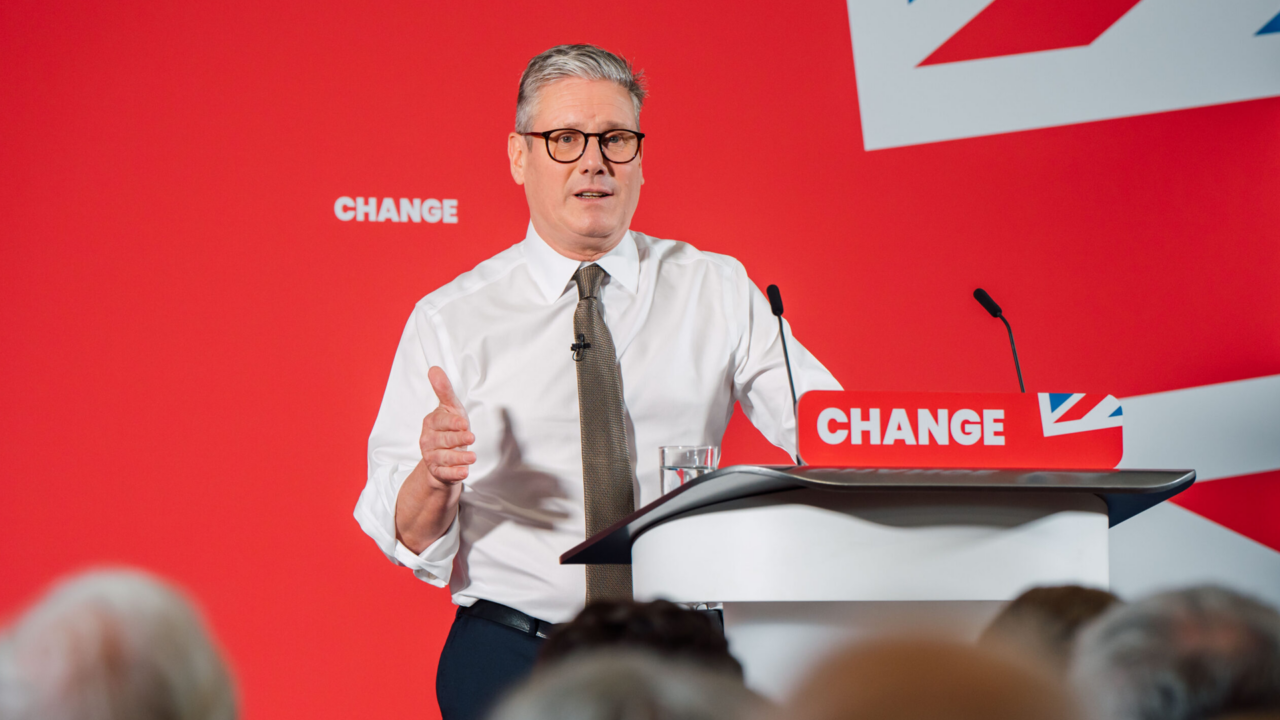It marks the first Labour conference in 14 years where the party is in government. Starmer and Co battled the awkward backdrop of free gifts as they discuss tackling sadness at school, managing hate crime, and other hot topics.
So much for the honeymoon period…
It seems Labour has thrown themselves headfirst into the new political ring. The conference was planned with a focus on Labours’ big idea of change, but instead Starmers’ free gift spree was left, right, and centre.
Labour’s policies, generally speaking, are also giving ‘left, right and centre?’ Nevertheless, let’s get back on track.
Here are the Gen-Z related topics discussed in this year’s Labour conference.
Tackling sadness in schools
This year, the Education Policy Institute partnered with Parentkind on a mid-conference public panel, which talked about changing the national curriculum to make it more accommodating of the emotional needs of students.
Britain’s biggest parent poll, the National parent survey, found that 1 in 5 teenagers do not enjoy school while a staggering 1 in 3 children entitled to FSM feel unsafe in school.
Young people’s mental health is becoming increasingly important to parents, politicians, and teachers alike. The Labour manifesto promised curriculum and assessment reviews, as well as providing access to specialist mental health professionals in all schools.
The panel focused on how parents, schools, and policy makers can make young people more optimistic and happier in schools again.
There were influential voices such as MP Natasha Iron, Lord Knight of Weymouth, Chief executive of Parentkind Jason Elsom.
Notably, there were no young people on the panel, however, and the conversation was densely populated with parent and teacher concerns.
Are young people being consulted enough in this pressing issue?
Young people and community safety?
The Home Secretary, Yvette Cooper’s speech was big for young people and community safety. Cooper started with acknowledgement of Pooja Kanda’s 16-year-old son, Ronan, who was stabbed to death in 2023 due to a mistake in identity.
Courageously, Pooja is now working with other young people to combat youth violence. This has really set the stage for Labour to strategise ways to create a safer Britain.
Cooper passionately stated: ‘There was no duty or care taken by anyone involved.’ She then promised to help introduce ‘Ronan’s Law’, to outlaw the sale of ‘ninja’ swords.
Debates have opened on whether there should be more regulations on machete and sword retailers, with critics arguing that they are too easy to obtain. Many retailers use e-commerce to sell online with a lack of supervision, despite the criminalisation of owning zombie style knives and machetes as of late September 2024.
The new General secretary, Hollie Ridley, from Dagenham, also addressed the growing issue of hate crime in the first morning of the conference.
Her speech was significant in examining the far right and hate crime that broke out in the summer. ‘I was not prepared to let the far right sow hatred and division in my community,’ she declared.
Ridley also spoke of her own experience, relating to working class young people across the nation.
She stated: ‘ At school, like so many girls from my communities like mine , some told me to lower my expectations, that politics wasn’t for people like me.’ It provided a sense of hope to young people hoping to break into political discourse, regardless of caste or culture.




















